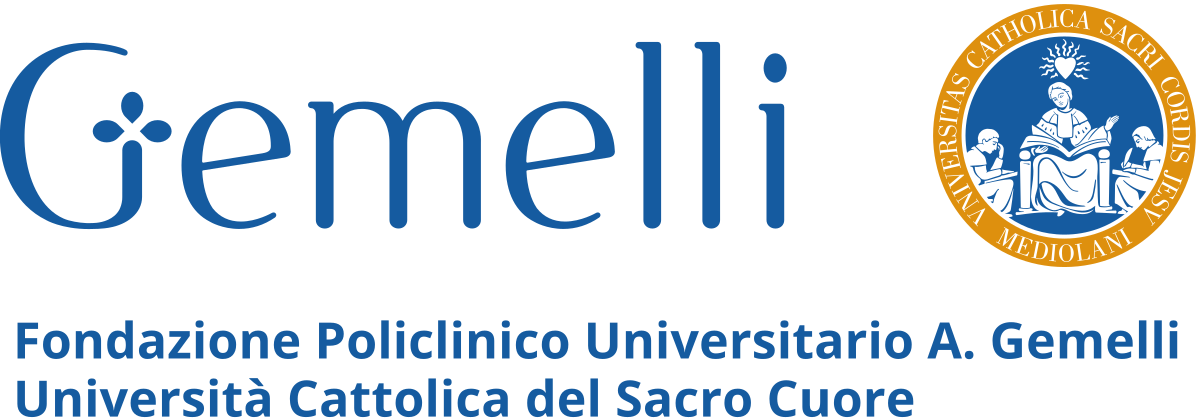eCRF for the GUSTA Study

HIV/HCV coinfection is a risk factor for hepatic injury in patients receiving HAART and previous studies support a favourable effect of antiretroviral regimens including maraviroc (MVC) on the course of coinfection compared with other antiretroviral drugs. There are few observations about MVC use in simplified treatment of coinfected patients.
In 2011 the Institute of Clinical Infectious Diseases of the Catholic University, an important campus and clinical research center, decided to conduct a clinical trial for a specific combination of drugs, named GUSTA.
GUSTA is a randomized two arms study that compares the switch to DRV/r/MVC with standard HAART with three drugs. Its objective is to evaluate the efficacy and the safety of simplification to darunavir (DRV)/ritonavir (r)/maraviroc (MVC) in virologically HIV-suppressed patients, and to explore the effect of simplified treatment on coinfected patients.
Clinical trials are normally outsourced to specialised companies (the so-called CRO or Contract Research Organizations) which offer the complete management of the entire trial process, from the completion of bureaucratic procedures to the setup of a custom support software application (called eCRF).
The GUSTA study, however, was not sponsored by any pharmaceutical company and therefore its budget was too tight to allow such kind of outsourcing. In order to execute the trial internally, the Institute needed a custom software application to record all the clinical data gathered during the three years planned for the study. The software had to be developed within a few weeks, and it had to be extremely reliable and safe.
Using the Livebase platform, the Data Manager appointed by the Institute implemented and put into operation in just one week an eCRF system tailored to the specific needs of the GUSTA study, managing all the relevant information about patients (history, symptoms, adverse events) visits, examinations (vital signs, urine, ultrasound, DEXA and bone metabolism, neuropsychologists tests), therapies and medications.
This way the Institute could immediately start the study without any initial investment, save considerably on non-essential ancillary services and leverage existing in-house skills. The total cost of the Livebase solution (platform usage during the three-year trial + time spent to configure it initially) has been estimated as a small fraction (about 30%) of what a CRO would have charged just for the usage of its own eCRF solution.